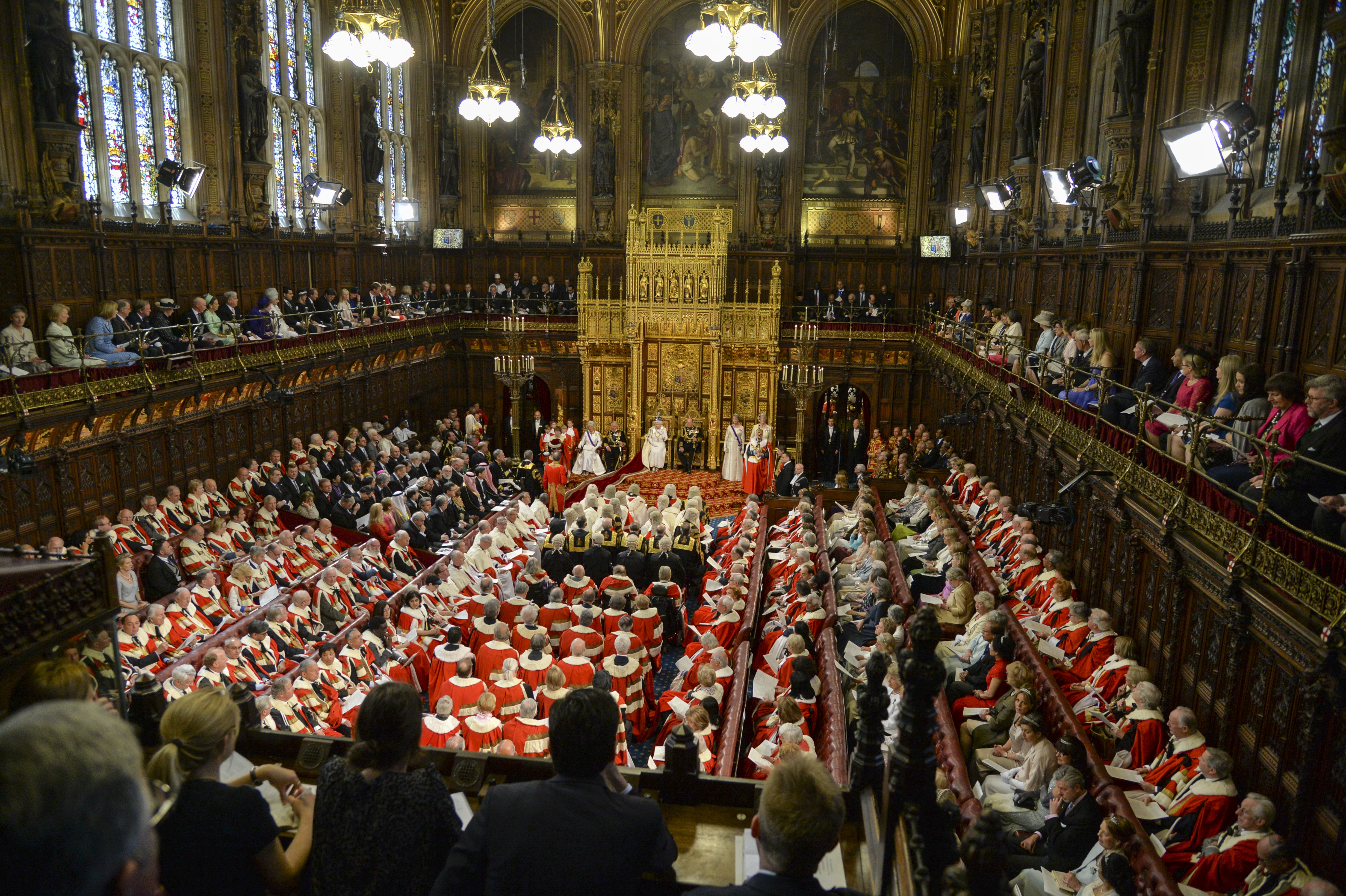Energy Files: Documents reveal UK govt frustration with climate sceptic pressure

– Met Office chief scientist forced to end correspondence with sceptic after personal attacks
– GWPF Board member in Lords tabled 25 PQs questioning Met Office climate science in 15 months
UK government officials from the energy ministry and Met Office have been bombarded by an apparently co-ordinated and proactive attack on climate science from sceptics within the government, including members of the sceptic group the Global Warming Policy Foundation (GWPF) according to documents revealed after an Unearthed Freedom of Information request.
The files show that a member of the GWPF’s board of trustees in the UK upper house – the Lords – tabled so many parliamentary questions on climate science that officials from the Department of Energy and Climate Change (DECC) felt compelled to meet with them to “put a line” under the matter, as the “the costs of answering them was by then becoming unreasonable.”
Between October 2012 and January 2014, Lord Donoughue of Ashton tabled 25 questions to DECC questioning the validity of statistical models used by the Met Office to determine the significance of increases in global surface temperature.
During the same period, four similar questions were submitted to DECC and the Business ministry by Conservative MPs Peter Lilley (also on the GWPF’s board of trustees) and David Davis – a well known sceptic of the science on climate change.
The House of Lords is not the only institution where climate deniers have lobbied to voice their opinions: BBC Radio 4 today dedicated a half-hour programme to asking “What’s the point of the Met Office?” carrying interviews with two MPs with links to the GWPF, Peter Lilley and Graham Stringer.
Links to climate sceptics
Lord Donoughue had been taking advice on the questions from his “friend” sceptic Doug Keenan, whose website says he “used to do mathematical research and financial trading on Wall Street and in the City of London” but has been “studying independently” since 1995.
Keenan considers the Met Office’s statistic modelling too simplistic.
He argues that the use of “time series” is essential, and so advanced that it can “only be successfully completed by financial experts such as those of Wall Street,” according to minutes of a meeting released in the FOIs. As such, “the statisticians in academia and climate change are not qualified” the minutes add.
While Donoughue was tabling his PQs, Keenan had been regularly putting his climate science criticisms to the Met Office. Initial correspondence had been amicable, DECC reports, despite scientific disagreements.
But in January 2014 the chief scientist of the Met Office Dame Julia Slingo decided to cut off her personal correspondence with Keenan after his emails became hostile and accusatory. The DECC briefing report states that Keenan’s emails took on a “different tone, questioning the competence of Met Office scientists.”
Personal attacks on Met office scientists
“In one email which was particularly concerning, [Keenan] accused Professor Slingo of deliberately misleading Parliament. Having taken legal advice, Professor Slingo took the decision no longer to engage personally with Mr Keenan.”
Bernard Silverman, Chief Scientific Adviser for the Treasury, had previously warned Professor that “attacks on her were being promulgated in the paper authored by Mr Keenan that he has sent to DECC and has been circulating internationally and has also placed on his website.”
The paper, which can be seen here claims that there had been multiple occasions “where Chief Scientist Slingo made statistical claims about the climate that she knew were highly misleading.”
During this time, Keenan repeatedly refused invitations from the Met Office to come and discuss his doubts, and continued to push his friend Donoghue to ask similar questions in the House of Lords.
Meanwhile, both Donoughue and Keenan appeared on multiple occasions in comment sections of sceptic blogs discussing parliamentary questions. The briefing paper notes that they “even sought advice on further questions to ask in Parliament.”
Overwhelmed
Eventually, overwhelmed by Donoughue’s repeated PQs, Baroness Verma, Parliamentary Under Secretary of State for DECC, set up a January 2014 meeting to discuss climate science with Donoughue and Keenan, as well as DECC Chief Scientific Advisor David Mackay and DECC Head of Science David Warrilow. The names of two other attendees were redacted.
The briefing paper circulated in DECC ahead of the meeting called Donoughue’s repeated questions “part of a proactive campaign to attack climate science by lobby groups” and “an attempt to undermine the general recognition by the scientific community that the rise in global surface temperatures over the last century is significant.”
It went on, “It is unlikely that Keenan will be won over but we can try and steer Lord Donoughue away from relying on Keenan for his views on climate change.”
Minutes from the meeting note that Donoughue “suspects that may [sic] climate scientists are not mathematically qualified to work on climate statistics.” Keenan “considers…the statistics used in climate change are too basic and incorrect.”
David Mackay responds by explaining that climate change models are based on “complex, physics based analysis models” and that “it is not useful for the Met Office to evaluate the difference between one obscure model and another designed by DK. He also highlighted that a PQ is not the best way to discuss the issues raised by DK and is a waste of Parliamentary time.”
Keenan states that “there is no evidence at all from observational or proxy data that can be used statistically to support the global warming debate.”
Mackay, Warrilow, and one of the redacted attendees “all disputed this and provided evidence both observational and proxy which supported their argument and the Global Warming debate.”
The meeting ends with Lord Donoughue asking to be sent observational evidence that supports climate change.

